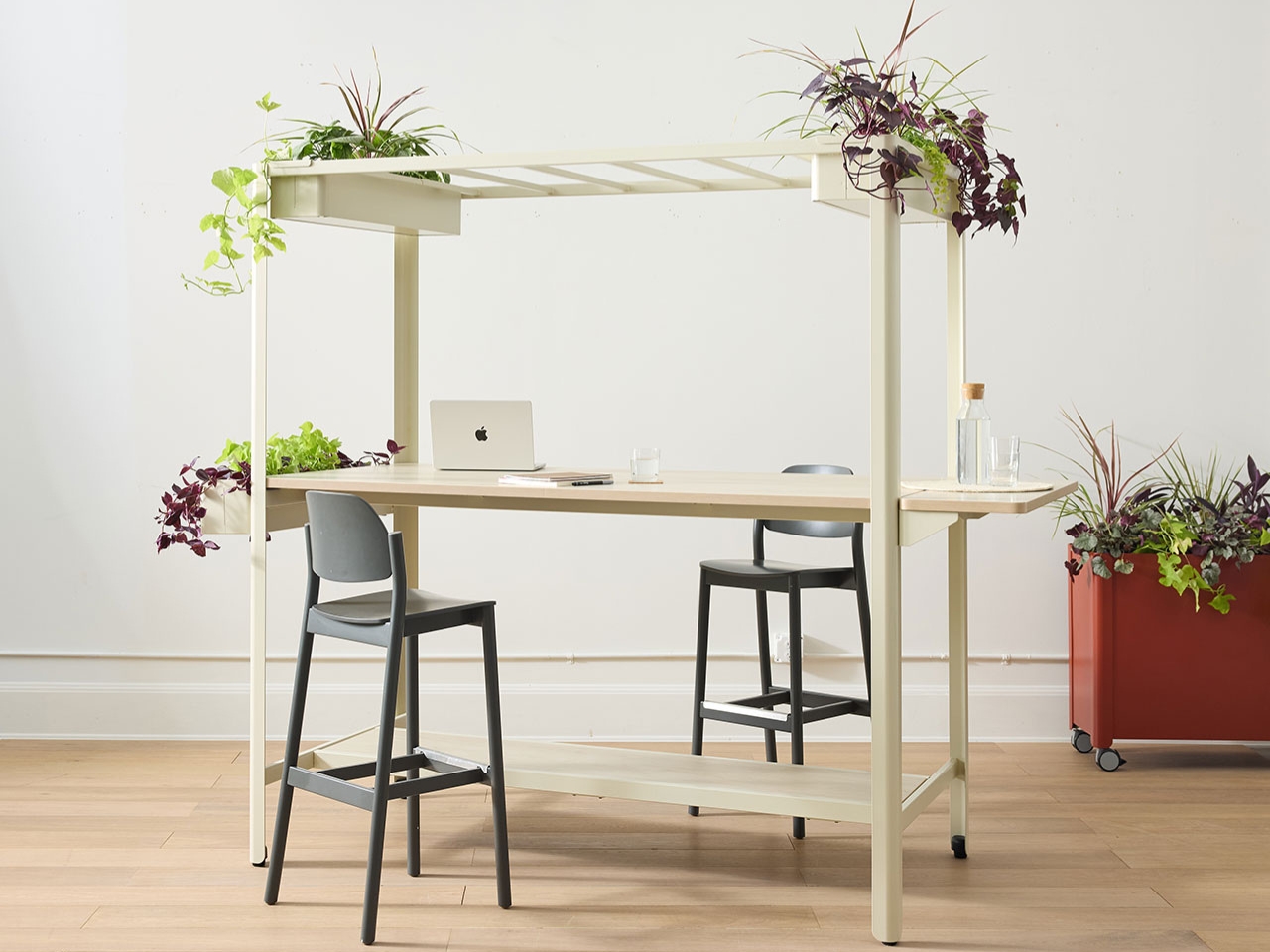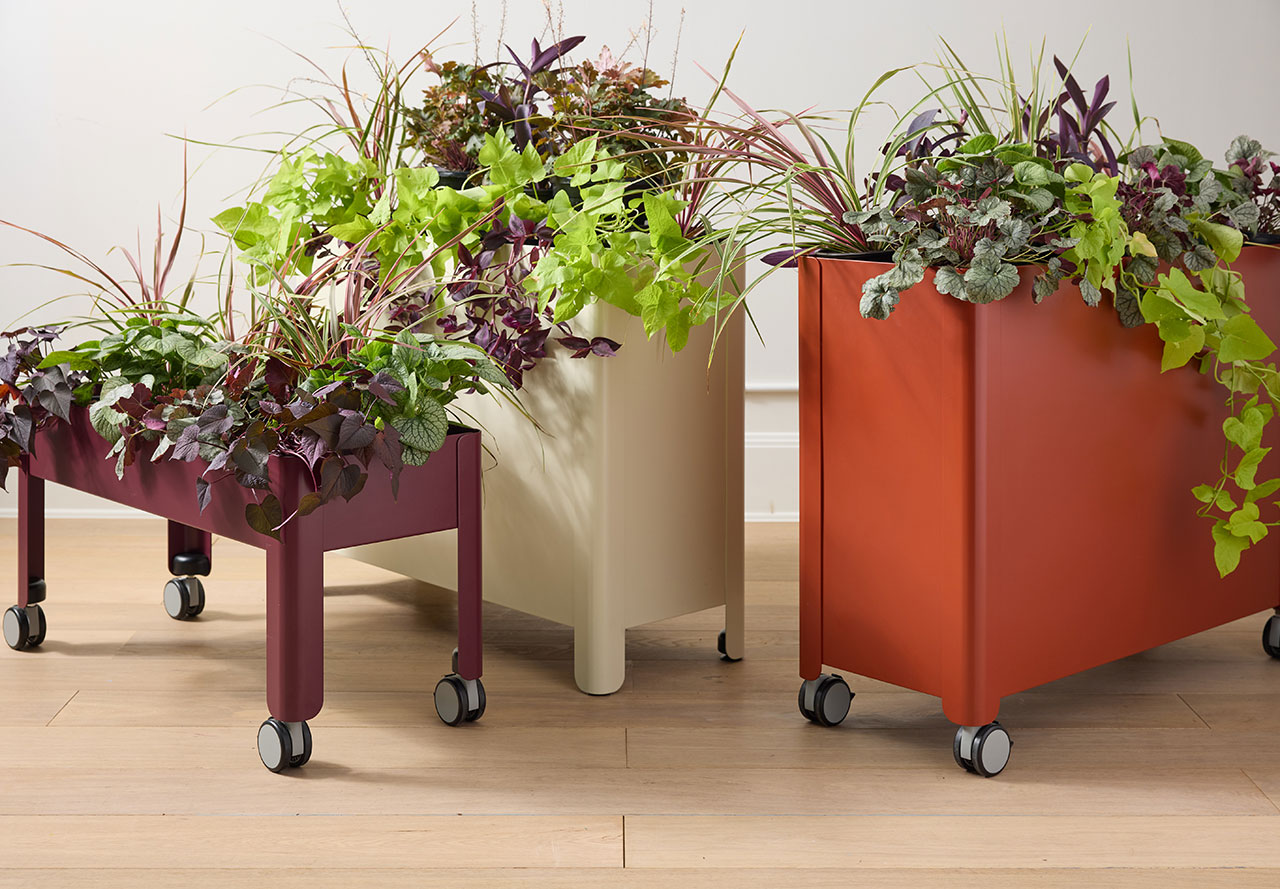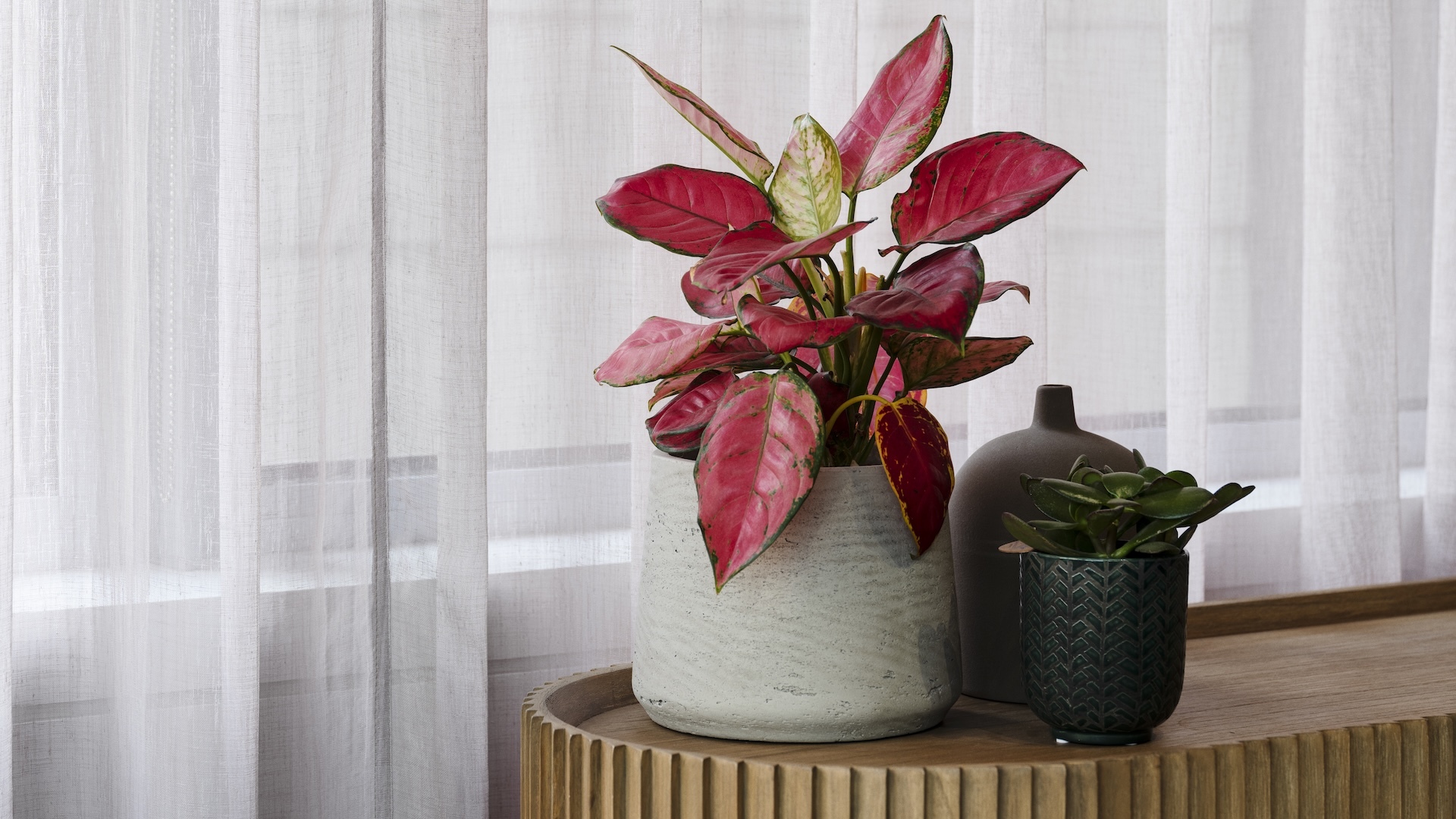#workplace-wellbeing
#workplace-wellbeing
[ follow ]
#burnout #employee-engagement #mental-health #remote-work #productivity #biophilic-design #loneliness
Mental health
fromFortune
3 weeks agoLonely staff at a major pharmacy chain are being paid $100 to take time off and text a friend-welcome to Sweden's 'friendship hour' | Fortune
A Swedish pharmacy chain pilots a paid "friendship hour," giving employees short paid weekly or monthly time plus funds to boost social connections and wellbeing.
fromScienceAlert
3 weeks ago5 Easy Tips to Have a Great Day at Work, From a Workplace Psychologist
Most people know what a difficult day at work feels like. It can be tiring, draining and tense, leaving you unable to switch off. But there are also days when work feels lighter and more energising. These good days are not necessarily defined by big wins or major achievements. In fact, they tend to come from harmonious experiences in the workplace that support our psychological needs.
Mental health
fromFast Company
4 weeks ago6 ways to sneak 'micro-creativity' into your workday in the new year
Research from Johns Hopkins University's International Arts + Mind Lab, detailed in the 2023 bestseller Your Brain on Art by Susan Magsamen and Ivy Ross, shows that engaging in art reduces the stress hormone cortisol, no matter your skill level, with some benefits appearing in as little as 20 minutes. A 2025 study of nearly 2,500 people across five countries found that creativity can be reliably predicted by how often the brain switches between its default mode network (active during mind-wandering)
Arts
fromLondon Business News | Londonlovesbusiness.com
1 month agoHow music-focused activities boost workplace morale in high-pressure London roles - London Business News | Londonlovesbusiness.com
Workplace pressure is no stranger to London professionals. Targets rise. Expectations shift. Schedules tighten. Every sector feels it. Finance moves fast. Tech races forward. Health care strains each day. Creative industries chase constant deadlines. This pace often leaves people drained and searching for something that restores energy and motivation. Music-based activities are filling that gap. They offer relief, structure, and a genuine lift in mood.
London music
Wellness
fromLondon Business News | Londonlovesbusiness.com
1 month agoCan caring for employee wellness really save your business thousands through retention? - London Business News | Londonlovesbusiness.com
Prioritising employee wellness in 2025 significantly improves retention, reduces absenteeism and healthcare costs, and delivers up to £9 return per £1 invested.
fromPsychology Today
1 month agoThe Well-Being of Guide Dogs and Humans Who Care for Them
Many people rely on assistance dogs for support, and the well-being of all participants in these interactions is essential and given careful attention. To be sure that the dogs' and their humans' physical and emotional well-being receive the attention they require can take time and patience and isn't always easy to achieve. AnthrozoologistTiamat Warda's recent book, Interspecies Emotional Labour Unspoken Expectations of Professionalism in Guide Dog Work, explores this topic through the work of guide dogs and their instructors.
Pets
Business
fromLondon Business News | Londonlovesbusiness.com
1 month agoThe growing business of confidence: Why London's professionals are turning to hair restoration - London Business News | Londonlovesbusiness.com
Professional confidence directly influences leadership and performance, leading London's business professionals to invest in appearance and medical hair restoration to enhance presence and wellbeing.
Design
fromArchDaily
2 months agoLight, Material, Reaction: How Active Surfaces Transform Cybernet Systems' Tokyo Headquarters
The Tokyo headquarters embodies flexible, minimalist, technology-integrated design to enhance well-being, collaboration, creativity, and productivity through adaptable spaces and sustainable materials.
fromBusiness Matters
2 months agoEmployers and wellbeing experts back Keep Britain Working review as fiscal pressures mount
Leading employers and workplace wellbeing experts have urged the government not to sideline employee health and productivity reforms, warning that rising unemployment and growing fiscal pressures make action more urgent than ever. At a meeting of the Policy Liaison Group on Workplace Wellbeing on 21 November - chaired by Gethin Nadin and led by renowned psychologist Professor Sir Cary Cooper - participants agreed that the recommendations in Sir Charlie Mayfield's recent Keep Britain Working review must be rapidly converted into policy and practice.
Wellness
fromPsychology Today
2 months ago4 Ways We Make Ourselves Miserable at Work
Things happen at work that are upsetting. Thinking about them for the purpose of problem-solving or processing emotions makes sense. Beyond that, though, continuing to rehash negative topics, either mentally or verbally, only results in reigniting negative emotions. Although it's easier said than done, practice letting go of negative experiences and issues after you've done what you could about them.
Mindfulness
Mental health
fromLondon Business News | Londonlovesbusiness.com
3 months agoBurnout Britain: Thirteen million workers at risk of exhaustion - London Business News | Londonlovesbusiness.com
Finance and law workers face the highest burnout risk in the UK, while large sectors like health still include millions of staff under pressure.
Psychology
fromBusiness Matters
3 months agoWhat will I learn in a master in Business Psychology course?
A master's in business psychology trains students to apply psychological principles to improve workplace dynamics, employee wellbeing, organizational structure, and productivity through coursework and electives.
fromIT Pro
3 months ago"There is a pressing need to address 'technostress' head-on" - Knowledge workers stressed and anxious thanks to tech
A survey from Adaptavist has revealed that 64% of knowledge workers have had their lives negatively impacted by technology in the last year. Three-in-ten said they regularly experience digital overwhelm, and 41% suffer stress and anxiety from notification overload and platform juggling. Almost a quarter (21%) looked for a new job, and 5% quit as a direct result. Many UK knowledge workers are also experiencing stress and anxiety as a result of pressure to be connected outside of working hours - 19%.
Digital life
Wellness
fromFortune
4 months agoSuzy Welch says Gen Z and millennials are burnt out because older generations worked just as hard, but they 'had hope' | Fortune
Younger workers experience burnout largely because diminished expectations of career rewards, not greater work intensity, erode motivation and hope.
fromLondon Business News | Londonlovesbusiness.com
4 months agoWhat corporate catering trends tell us about the future of work - London Business News | Londonlovesbusiness.com
The world of work has changed dramatically in the past decade, and catering has quietly evolved alongside it. Once considered a simple logistical necessity, food has become a tool for shaping workplace culture, encouraging collaboration, and even signalling corporate values. Looking at how catering is changing provides a useful glimpse into the wider shifts taking place in the modern workplace.
Manchester United
fromIndependent
4 months agoHate going back to work every Monday? Here are six ways to create a fulfilling and happy week in your job
Get that pit in your stomach on a Sunday evening as work approaches and the weekend ends? It doesn't have to be that way. Here, business leader Mark Price reveals six tips to improve your working week
Business
fromwww.theguardian.com
7 months agoAre you a woman dreaming of a career change? Here's my advice | Emma Beddington
We are, globally, not super into our jobs. Gallup's 2025 State of the Global Workplace report showed a decline in employee engagement and wellbeing, with 79% either not engaged or actively disengaged.
UK news
Online Community Development
fromThe Conversation
9 months agoCo-working spaces aren't just about convenience - they bring a whole range of benefits for employees and communities
Co-working spaces enhance worker wellbeing and community support post-COVID.
They boost productivity through social interactions and flexibility.
[ Load more ]












